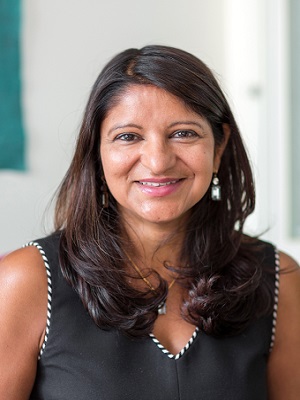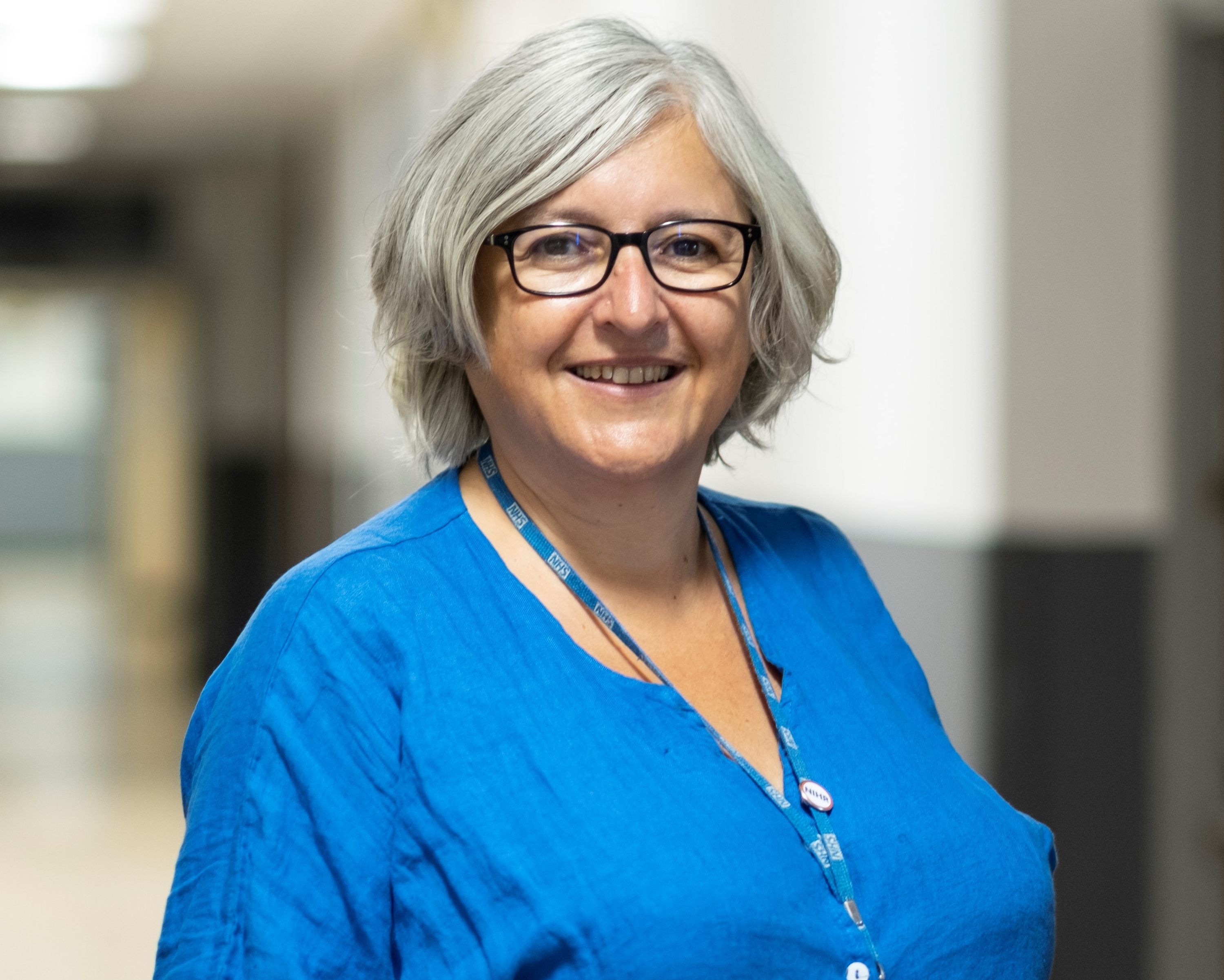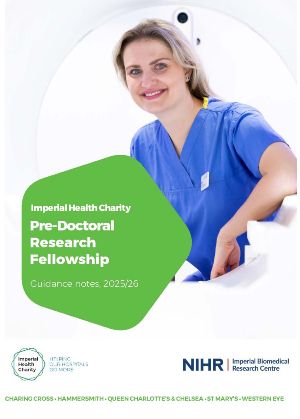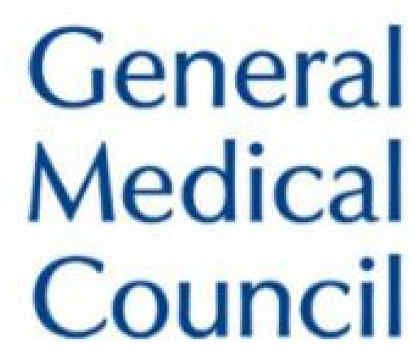RESEARCH: CHILDREN AND YOUNG PEOPLE’S HEALTH AND HEALTH INEQUALITIES

How did you get into research?
As long as I can remember I was always fascinated by human biology and how science could be used to improve health and tackle disease. My earliest memories were during my early years as a hospital doctor recruiting patients to trials of antiretroviral and other medications as the HIV pandemic was developing in the 1980s and 90s. As soon as I completed my medical training and started practising as a general practitioner, I was fortunate enough to be supported in my vocational training posts by academic fellowships throughout my career that have enabled me to complete further training including a Masters in Epidemiology and a research doctorate examining social and ethnic health inequalities in the field of maternal and child health.
What do you enjoy about research?
Novelty and testing ideas in innovative ways.I am curious by nature, so for me it is trying to get the answer to questions that come from everyday encounters with patients, practitioners, and the public. These are often big questions that have not been tackled in conventional approaches to science. The team spirit that comes from meeting many curious minds is hard to beat, and it is really satisfying to see your work resonate with others.
What was the most difficult aspect of doing your PhD / MD?
Juggling everything; I was raising 2 young children, holding down a clinical career and supporting my husband in establishing his own. Escaping into the world of science and its literature was easy, but I did struggle with learning new skills that I had not mastered. While I had a great apprenticeship and medical training, I found with research that logical thinking skills, learning to code, the logistics of painstaking detailed data analysis and scientific writing were hard.
What was the most challenging aspect of continuing your research after completing your PhD / MD?
The hardest aspect of an academic career for me are becoming independent. I think this mostly means getting very good at planning and organising the various elements that make a great research project. I have built a vibrant and unique research group from scratch over the past decade that I hope will now stand on its own two feet. In practice, this means that new members will develop into research leaders. It all starts with identifying great research questions and methods to answer them well. But you must dig deep to keep going at times -deal with failure and somehow find the strength to persist. Little by little, you gain a research identity and develop fantastic relationships with peers and I think that is when it all gets a lot easier.
What difference has your research training and experience made to your career?
Having successive support from the NIHR, my main funders through fellowships throughout my career has been the bedrock. The training and mentorship have been invaluable and I have learnt so much at every significant milestone. One big turning point was joining the Oxford Primary Care Leadership Programme, after that I learnt that it is as important to invest regularly in developing yourself and the team as delivering the work.
How has research changed your clinical practice?
Research complements my clinical practice because I am constantly answering questions and applying what I learn in the academic field to my practice, leading audits using real-world data and applying evidence to all that we do in my practice. The flip side is that my clinical colleagues, patients and local authority partners often get drawn into helping with research projects. These are the people who ask the best questions
What has made a difference to progressing your research career?
I have had great support from my peers and mentors. This has come in many different ways from practical advice and funding support to simply being there to celebrate success, failure or offer constructive ideas to strengthen my work.
Where do you see your clinical academic career going over the next 5 years?
There are still major challenges for the NHS and my own profession of general practice, for better representation in science for minority and underrepresented groups. Although I have developed an action plan for the work of all the groups I lead over the next five years, it is important to build into it the ability to flex and respond to emerging priorities so that when opportunities arise, you have the capacity to reach for them.
Professor Sonia Saxena, Professor of Primary Care/NIHR Senior Investigator, Imperial College London
Download Sonia's' research careers case study: Prof Sonia Saxena - Case Study (PDF)
Useful links
Contact us
The CATO Team and Radiographers Incubator work on a Hybrid model, combining days in the office with days working from home – the best way to reach us is by email.
cato@imperial.ac.uk
radresearch@imperial.ac.uk
+44 (0)20 3313 7397



